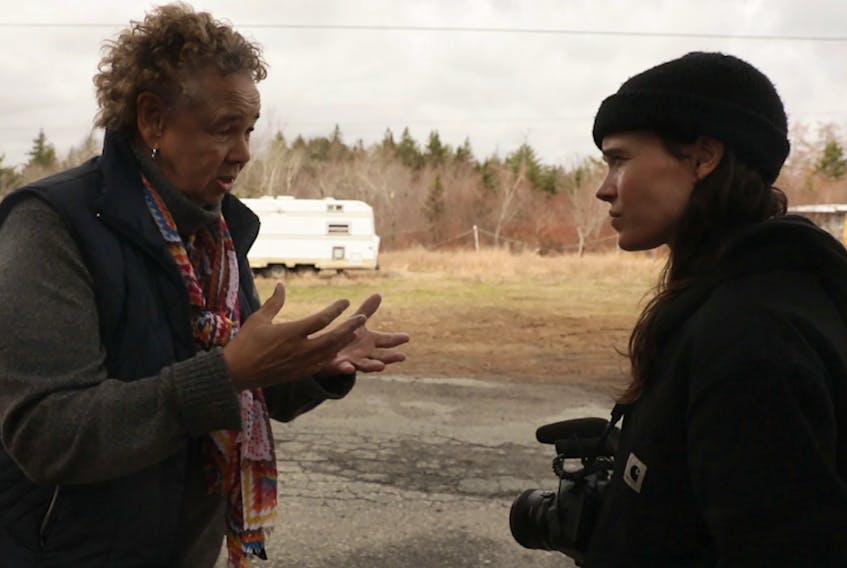SHELBURNE, N.S. — The Town of Shelburne is taking Halifax-born actress Ellen Page up on an offer to drill a community well in the south end of town.
Page made the offer last fall to Shelburne’s South End Environmental Injustice Society (SEED) founder Louise Delisle after the two worked together on the documentary "There’s Something in the Water". The documentary, co-directed by Page and New York producer, filmmaker, writer and curator Ian Daniel, and written by fellow Nova Scotian Ingrid R. G. Waldron, premiered at the Toronto International Film Festival (TIFF) last September, shining a spotlight on Nova Scotia’s environmental racism issue. SEED was among the groups featured in the documentary.
In 2018, SEED received a Human Rights Award for its work addressing environmental concerns in the African Nova Scotian community in the south end of Shelburne. From 1949 to 1990, a town landfill operated in the predominantly black community. SEED has felt the dump is a contributing factor to the high rates of cancer and health issues they’ve seen among people who lived close to it.
In a previous interview with the Tri-County Vanguard, Delisle said about Page, “This dear little woman is the most caring, passionate person that I think I’ve ever known in my life. She has an old spirit … a spirit of someone so good. She understands the whole concept of what happened in our community."
She said Page had stepped up further by offering to pay for a drilled well in the community that people can use to access clean water.
At a special meeting on Feb. 10, Shelburne town council voted to accept Page’s offer of up to $25,000 for construction of a drilled well in the area of the Roger Grovestine Complex, as well as up to $5,000 annually for maintenance to help with water security issues for residents.
“This donation must cover the total cost of the well construction and annual maintenance for the life of the well,” reads the motion.
The motion is also dependent on Shelburne's CAO reaching an appropriate legal agreement with the donor. Just exactly where the well will actually be located has yet to be determined.
“Whatever works best geologically in terms of where you’re going to get water,” said Mayor Karen Mattatall. “For us to pick a site is not the way to go.”
Mattatall said this and other details will be worked out once the legal agreement is signed.
“Once all the details are ironed out the town will probably manage the project where it is on our property but other than that, all of the costs has to be included in the project,” said Mattatall, adding as long as everything comes together within the confines of the agreement, the project should happen in the spring.
“For us it’s really about water security,” said Mattatall, noting the area has been hit with several droughts in recent years.
“It will be an additional source for people to get water if we continue to experience droughts,” she said. “We do have three places now. This will be an additional place that is not coming from the town’s water supply so there’s some bonuses there.”
Founded in early 2016, SEED was formed to address environmental concerns in the African Nova Scotian community in the south end of Shelburne. SEED is one of the partners in a two-year applied research project started in the fall of 2018 into water quality issues in the Shelburne African Nova Scotia community. The Pilot Scale Study of Potable Water using Ultrafiltration Technology in the Shelburne African Nova Scotia Community is being led by the Nova Scotia Community College (NSCC), Acadia University, Dalhousie University through ENRICH (Environmental Noxiousness, Racial Inequities & Community Health), and Rural Water Watch.









